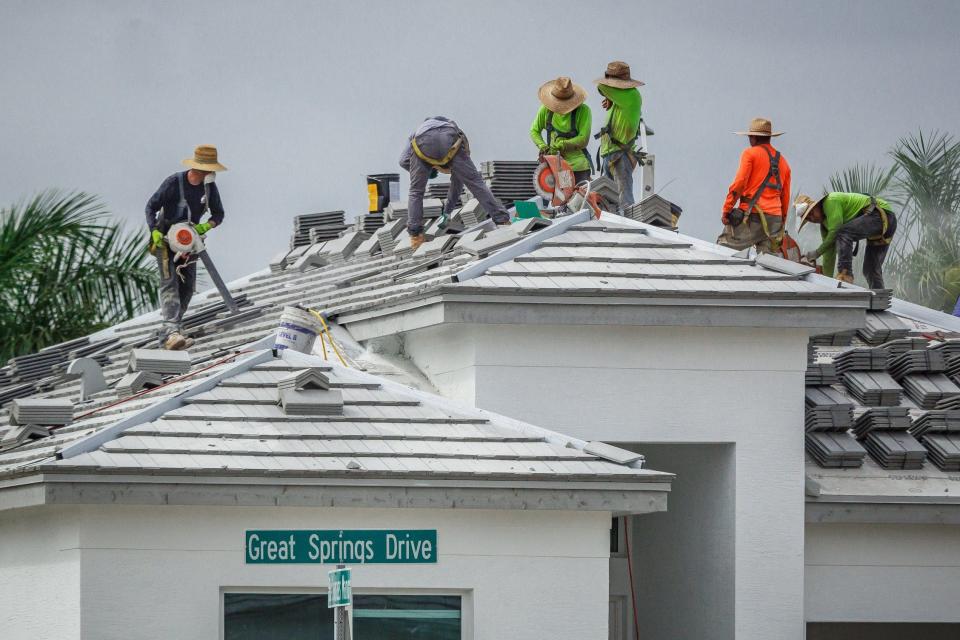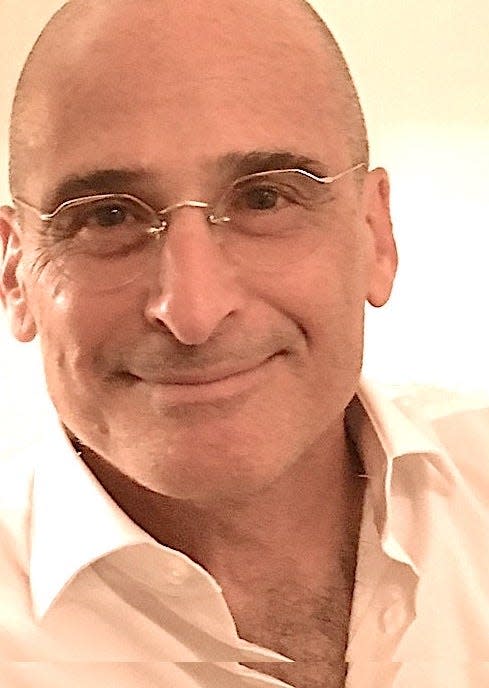Florida homeowners dues, reserves are unavoidable -- if you want to live in a decent community
My house is my home but it’s also an investment. Over time, I hope my property retains its value and appreciates.
I once owned a home in Florida without a Homeowners Association (HOA). On one side a neighbor parked his beat-up truck in the driveway. On the other, a homeowner landscaped with weeds. Needless to say, resale was affected.
If your home is in an HOA, there are covenants that help to maintain property values. Some find these rules restrictive. If you choose to live in an HOA, be aware of the trade-offs.
In an HOA, the community is liable for the upkeep of common property. Depending on the HOA, this could include monuments, landscaping, clubhouse, pool, lakes, pickleball and tennis courts, as well as invisible infrastructure - HVAC, security system, windows and doors.
Some think FL's solution is simple: Florida's homeowner insurance is in crisis - opinions on how to fix
A Palm Beach Post editorial: South Florida condo ownership is at risk of financial collapse. Climate change makes it worse.

Like our bodies, these parts deteriorate from wear and tear. The 2021 tragedy of the Champlain Towers South condo in Surfside, in which 98 people died and countless lives were shattered, resulted in new state laws to prevent future condominium catastrophes. HOAs have more latitude at self-governance. Master Boards may be required by 2023 Florida State Statute 720.303 (6) to maintain a fund (“The Reserves”) to replace aging infrastructure and facilities. Unlike the operating budget, which annually funds expendables, the reserves accumulate cash over time to replace components of the physical plant. The reserves are funded as part of the monthly maintenance fee. It’s an investment in the community’s future.
Some HOAs, however, ignore state statutes and opt for deferred maintenance. Just “kick the can down the road,” and let future residents deal with it.
Responsible HOAs, alternatively, do one of the following:
More on insurance: Florida's homeowner insurance is in crisis. Some think solution is simple.
1. Special Assessments: To raise capital for needed updating and replacing of, for example, clubhouse HVAC units, roofs, pool resurfacing, and roads, each homeowner is charged a one-time fee.
2. A loan: Rather than charge individuals with an assessment to raise needed cash, a loan by the HOA can cover major expenses. This, though, is like an assessment but camouflaged. The money is borrowed and incorporated into maintenance fees.
3. Reserves: One of the biggest problems in HOAs is underfunded reserves to cover anticipated expenses. This is due, in part, to three factors. 1) People don't like higher maintenance dues; 2) While Board members do their best to serve the community, they are not experts in long-term reserve financing; and 3) Current residents don’t understand why they should be paying for a future project.
This mindset misses the point. Here is an example. Once an HOA community resurfaces its roads, the job is not done. Planning should begin for the next resurfacing project in 20 years, by funding the reserves. If the estimated future cost will be $200,000, $10,000 per year needs to be accumulated into the reserves.
Some ask, why should I contribute, since I might move in three years? I won’t be here to benefit from this investment.
However, as you drive your car over the roads for three years, you are contributing to the wear and tear of the pavement. Are you entitled to use the HOAs infrastructure for free? Thus, by contributing to the reserves, you are not paying for a new road in the future, but for the privilege of using a community resource while a resident. Same applies to the pool, the clubhouse, the lakes, and all components of common property that the HOA is obligated to maintain. There is no free lunch.
Think of your small contribution to the reserves as a “subscription service” or a “user fee” to participate in the long-term upkeep of your HOA community. You must pay to play, one way or another.
Michael B. Reiner is a retired professor and college administrator, and a resident in an HOA community in Boynton Beach.

This article originally appeared on Palm Beach Post: Florida homeowners maintenance fees expensive but they're needed

